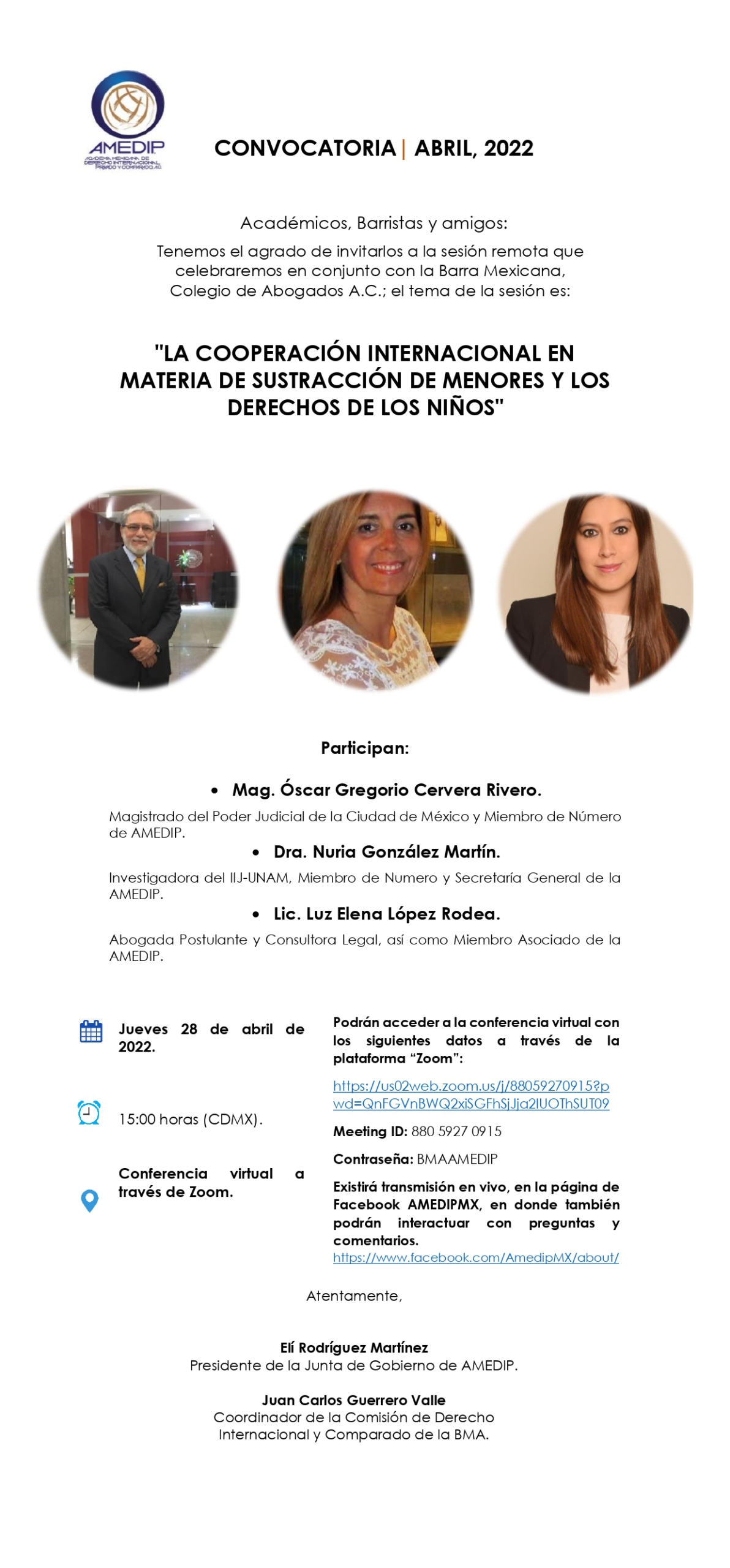Views
Nothing Found
Sorry, no posts matched your criteria
News
Survey on the application of Brussels Ia
Milieu Consulting is conducting a study on the application of Regulation (EU) No 1215/2012 on jurisdiction and the recognition and enforcement of judgments in civil and commercial matters (Brussels Ia Regulation) on behalf of the European Commission (DG JUST).
As part of this study, Milieu developed a technical survey that targets legal practitioners (i.e. judges; lawyers; notaries; bailiffs), academia (i.e., scholars in private international law and relevant sectors, such as consumer protection or business and human rights), and national authorities (i.e., ministries of justice, ministries in charge with consumer protection, ministries of economy) in EU Member States.
Readers are invited to participate (by 6 June) at https://ec.europa.eu/eusurvey/runner/BrusselsIatechnicalsurvey
U.S. Supreme Court decides Cassirer v. Thyssen-Bornemisza Collection Foundation
Just this week, the Supreme Court decided an important conflict of laws question in Cassirer v. Thyssen-Bornemisza Collection Foundation (S. Ct. 2022).
We have discussed this case on this site before, but the facts deserve restating. Paul Cassirer was a German Jew who owned an art gallery who owned Pissarro’s Rue Saint-Honoré in the Afternoon, Effect of Rain . Paul’s heir, Lilly Cassirer, inherited the painting and hung it in her Berlin home. In 1939, she gave the paintings to the Nazis in return for an exit visa. She later came to the United States with her grandson, Claude, the plaintiff in this case.
The Cassirer family initially brought proceedings in the United States Court of Restitution Appeals under the assumption that the painting had been lost or destroyed—but it wasn’t destroyed. The Thyssen-Bornemisza Collection Foundation (TBC)—a public foundation and an agency or instrumentality of the Kingdom of Spain—purchased it in 1993. After TBC refused to return it to the Cassirer’s, Claude filed suit against Spain and TBC in 2005. Spain was voluntarily dismissed as a party in 2011, and after his death, Claude’s heir’s continued the case.
The Courts determined in 2011 that TBC was not immune from suit because the painting had been taken in violation of international law. The case then proceeded to trial on the merits. The plaintiffs argued that California law should govern, while TBC argued that Spanish law should govern. The judge, citing Ninth Circuit precedent, decided that federal common law provided the conflict of laws rule that should be used to decide what law substantively governed the claim, and that under federal common law conflicts principles, Spanish law governed. TBC prevailed at trial, and the judgment was affirmed on appeal. The plaintiffs sought Supreme Court review only on the question whether federal common law should govern the conflicts analysis, or whether the court should instead have applied California’s conflict of laws rules.
Many commentators wrote—and I agree—that the case is pretty straightforward. The FSIA (28 U.S.C. § 1606) provides that in any case where the foreign sovereign defendant is not immune from jurisdiction, “the foreign state shall be liable in the same manner and to the same extent as a private individual under like circumstances.” So, if TBC had not been an instrumentality of the Spanish state, California conflict of laws rules would have governed (because the case is pending in a federal court in California and does not arise under federal law). Justice Kagan’s unanimous opinion agreed. In light of § 1606, the courts could not apply a rule to the foreign sovereign defendant different from the rule it would have applied to a private defendant. Once a plaintiff overcomes the jurisdictional hurdles of foreign sovereign immunity, the foreign sovereign has to be treated like any other litigant.
As a result of the decision, the judgment will be vacated and the case remanded for further proceedings. The lower courts, applying California’s conflict of laws rules, could again conclude that Spanish law should govern, or it could decide that California law should govern, in which case maybe a new trial will be necessary. Lots a litigation left, in the end.
AMEDIP’s upcoming webinar: International co-operation in child abduction and the rights of the child – 28 April 2022 at 3:00 pm (Mexico City time) – In Spanish

The Mexican Academy of Private International and Comparative Law (AMEDIP) is holding a webinar on 28 April 2022 at 3:00 pm (Mexico City time – CDT), 10:00 pm (CEST time). The topic of the webinar is International co-operation in child abduction and the rights of the child and will be presented by judge mag. Óscar Gregorio Cervera Rivero, professor Nuria González Martín and Luz Elena López Rodea (in Spanish).
The details of the webinar are:
Link: https://us02web.zoom.us/j/88059270915?pwd=QnFGVnBWQ2xiSGFhSjJja2lUOThSUT09
Meeting ID: 880 5927 0915
Password: BMAAMEDIP
Participation is free of charge.
This event will also be streamed live: https://www.facebook.com/AmedipMX


